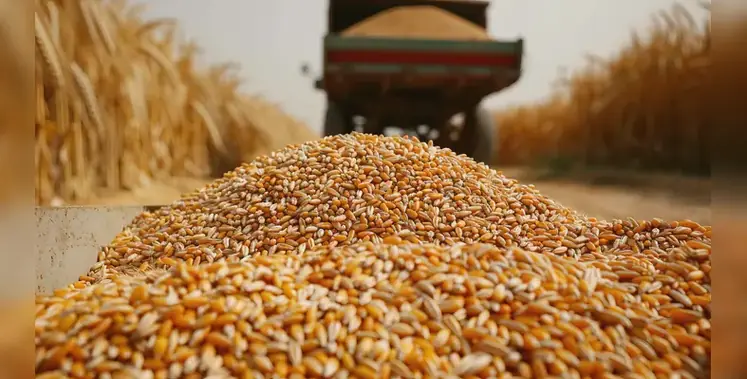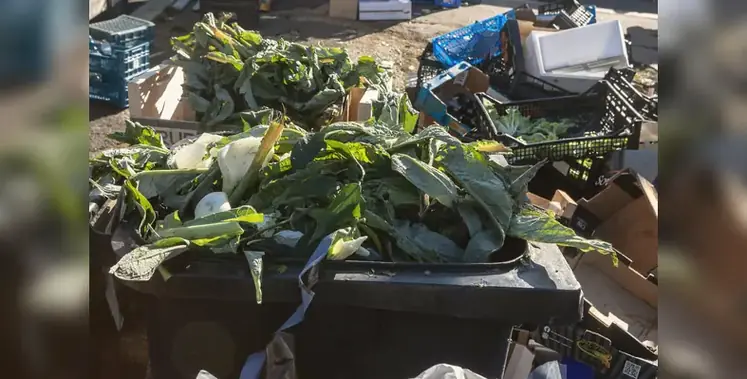The African Continental Free Trade Area Secretariat and AGRA have strengthened their collaboration in a renewed effort to boost trade within Africa, placing agriculture at the heart of economic growth and food security.
The announcement was made on 14 February during a high level gathering held alongside the 39th African Union Summit, signalling a clear intent to move from policy ambition to practical delivery.
H.E. Wamkele Mene, Secretary General of the African Continental Free Trade Area Secretariat, and Alice Ruhweza, President of AGRA, formalised the partnership through the signing of a Memorandum of Understanding. This agreement ushers in a new chapter of cooperation focused on ensuring that the AfCFTA framework translates into real improvements for agricultural markets across the continent.
With 50 countries now having ratified the AfCFTA Agreement, the focus is turning firmly towards implementation. Agriculture has emerged as a priority sector, given its central role in livelihoods, employment and food systems. Leaders see enormous potential for the sector to shift Africa’s position in global trade by encouraging value addition and strengthening regional supply chains.
H.E. Wamkele Mene, said, “The AfCFTA offers Africa a historic opportunity to shift from exporting raw commodities to building regional value chains that create jobs, raise farmer incomes and strengthen food security. Our partnership with AGRA is about moving from ambition to execution, ensuring that agricultural trade delivers tangible benefits for producers, processors and consumers across the continent.”
At the core of this renewed partnership is the AfCFTA Agri Trade Action Plan. The plan outlines practical measures aimed at reducing non tariff barriers, improving trade facilitation, encouraging value addition and attracting investment into regional agricultural value chains. These efforts are expected to create a more enabling environment for farmers and agribusinesses to trade more efficiently across borders.
Alice Ruhweza, said, “Trade will not transform Africa’s food systems unless farmers and agri enterprises are able to produce competitively, meet international quality standards, and connect to reliable markets.This partnership is about making intra African food trade work in practice—linking policy to delivery so that agriculture becomes a driver of inclusive growth, resilience and shared prosperity.”
By combining policy leadership with practical agricultural expertise, the AfCFTA Secretariat and AGRA aim to ensure that farmers, processors and consumers all benefit from a more integrated African market. Their shared vision is simple yet powerful: to enable agriculture to unlock opportunity, strengthen resilience and create shared prosperity throughout the continent.









